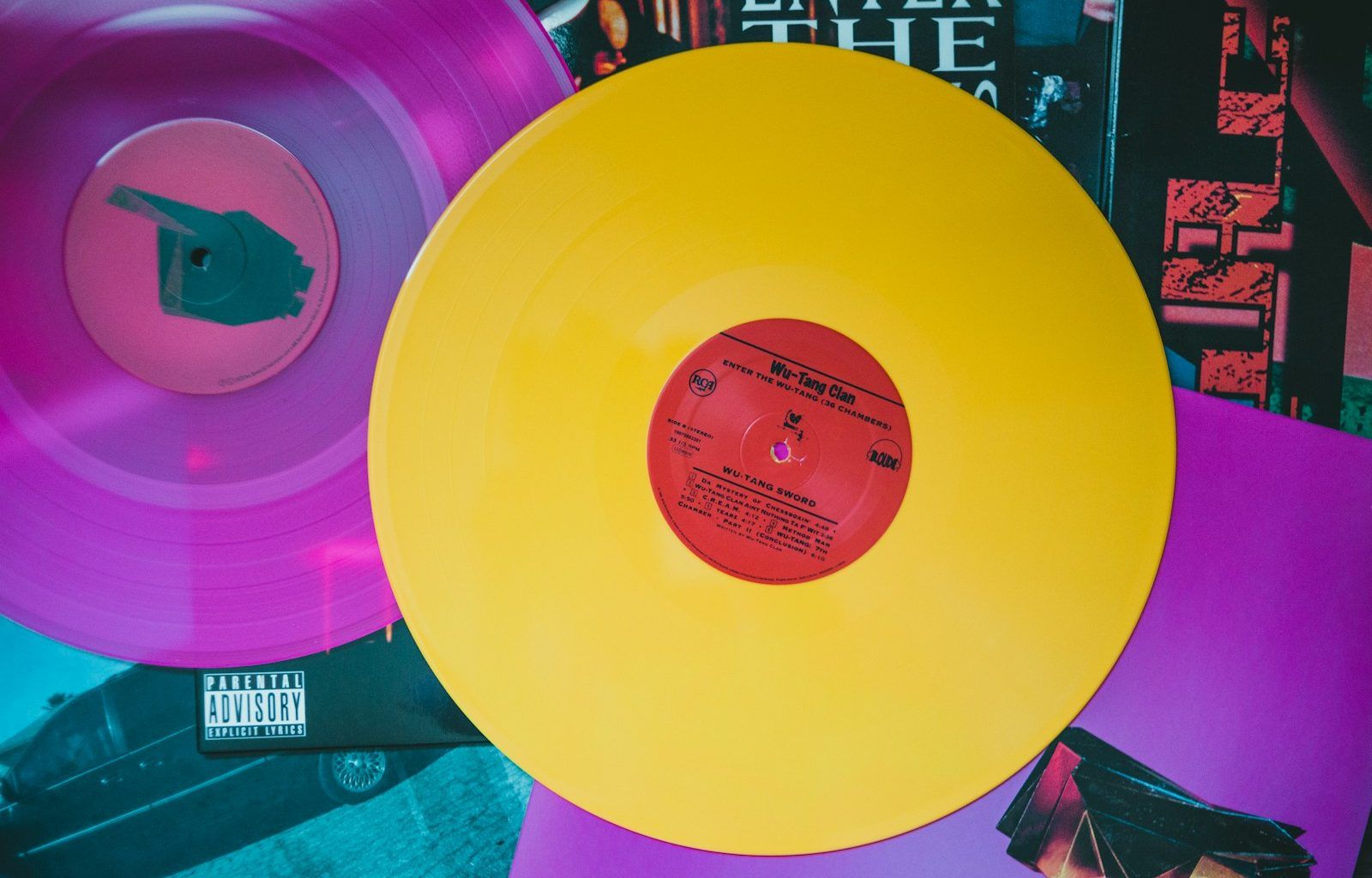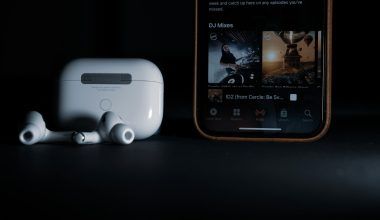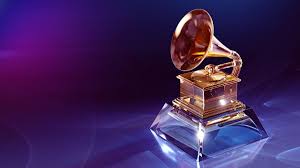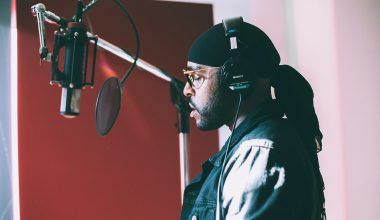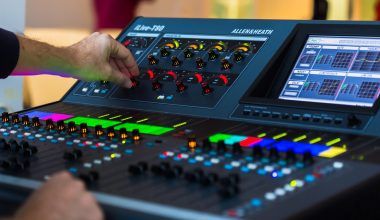In the world of music, words like “record” and “album” are often used interchangeably. If you’ve ever found yourself wondering what sets them apart, you’re not alone. Both words carry a long history and serve as pillars in the music industry. But is there really a difference between a record and an album? Let’s break it down together and make it easy to understand.
Before we dive deeper, let’s get something out of the way: while people often use these terms in the same way, they have distinct meanings. The music industry has evolved so much over the years, and the definitions of “record” and “album” have shifted, too. So, let’s walk through what each term means, where they come from, and how they fit into today’s musical landscape.
Understanding the Word “Record”
To start, let’s talk about what a record really is. In its simplest form, a record refers to a physical medium that stores music or sound. Think of vinyl records, for example. These were among the earliest forms of physical music storage, popularized in the early to mid-20th century.
The word “record” actually comes from the action of recording sounds. In its early days, a record would usually hold a single song or maybe two—one on each side. These were called singles or 45s because they would spin at 45 revolutions per minute (RPM).
Even today, people call modern music releases “records,” even though we may not be talking about vinyl. For instance, when an artist releases a new song or collection of songs, we say, “They just dropped a new record.” This shows how flexible the term has become.
What Exactly Is an Album?
Now let’s look at an album. An album refers to a collection of songs grouped together in one release. The songs on an album are often meant to be listened to as a cohesive work—almost like chapters in a book. Albums can tell stories, express moods, or even showcase the artist’s journey at a particular point in time.
Back in the day, albums were made up of multiple records. That’s where the term “record album” came from. Picture a photo album—it holds multiple photos. A record album did the same, except it held multiple vinyl records.
With advancements in technology, albums eventually became a single entity. Artists started putting multiple songs on one vinyl record, which later evolved into cassette tapes, CDs, and digital formats. Nowadays, when you hear someone say, “My favorite album is XYZ,” they’re referring to a full collection of songs, whether it’s on a streaming platform or a physical disc.
The Role of Technology in Music Terminology
Understanding the difference between a record and an album becomes clearer when you consider technology’s role. Early records could only hold a small amount of music. As a result, songs were short, and albums didn’t exist in the way they do now. But as technology progressed, musicians had the freedom to create longer, more elaborate works.
Vinyl records, for example, could eventually hold enough music to form an album. Fast forward to today, and albums don’t even need a physical format. You can listen to full albums on streaming services like Spotify, Apple Music, or YouTube without ever touching a vinyl record or CD.
So, to put it simply: a record started as a physical medium for music storage. An album, on the other hand, is a collection of songs or recordings brought together as a complete release.
Why Do People Still Confuse the Two?
You might be wondering: If the difference is so clear, why do people still mix up records and albums? The answer lies in how we talk about music. Over time, the words have blurred together because music itself has changed.
For example, people still refer to vinyl records as “albums,” even though albums don’t necessarily need to be on vinyl anymore. Likewise, when a musician says, “I’m working on my next record,” they usually mean their next album. This is especially common in the music industry.
It’s also worth noting that the word “record” has taken on broader meanings. Today, when someone says “record,” they might mean a single, an album, or even the act of recording music.
Records and Albums in Popular Culture
Both records and albums have left a lasting mark on popular culture. Think about the golden era of vinyl records—they became symbols of music lovers everywhere. Vinyl records were cherished not just for the music, but for their sound quality and collectible nature.
Albums, on the other hand, have become iconic for their ability to tell stories. Legendary albums like The Beatles’ Sgt. Pepper’s Lonely Hearts Club Band or Pink Floyd’s The Dark Side of the Moon are remembered not just as collections of songs, but as complete works of art.
Even in the age of digital streaming, albums continue to hold significance. Many artists use albums as a way to make a statement, share a message, or connect with their fans. Meanwhile, vinyl records have made a huge comeback in recent years. People appreciate their nostalgic value and the experience of listening to music on a physical medium.
Key Differences Between a Record and an Album
To summarize, let’s go over the key differences:
- Record:
- Originally referred to a physical medium (like vinyl) that stores music.
- Can be a single song, a collection of songs, or even the act of recording music.
- Often used as a broad term in today’s music industry.
- Album:
- Refers specifically to a collection of songs released together.
- Can be on any format—vinyl, cassette, CD, or digital.
- Typically designed to be experienced as a complete work.
How Artists Approach Records vs. Albums Today
Modern artists often approach records and albums differently. For example, many musicians release singles (individual records) before dropping a full album. This strategy builds anticipation and gives fans a taste of what’s to come.
On streaming platforms, singles can dominate playlists and charts. Yet albums still play a major role in an artist’s career. For many musicians, creating an album is a milestone. It allows them to tell a longer story, showcase their versatility, and connect with their audience on a deeper level.
The Bottom Line
At the end of the day, the difference between a record and an album comes down to their origins and how they’re used today. A record started as a physical format for storing music, while an album is a collection of songs grouped into one release. However, in everyday language, the two words often overlap, and that’s perfectly okay.
Both records and albums are essential parts of the music world. Whether you’re spinning a vinyl record, streaming an album online, or collecting CDs, the most important thing is the music itself. After all, music has the power to inspire, connect, and bring joy—no matter what you call it.
So, the next time someone asks, “What’s the difference between a record and an album?” you’ll have a clear and easy answer. And who knows—you might even impress them with a bit of music history!
For further reading, explore these related articles:
For additional resources on music marketing and distribution, visit DMT Records Pvt. Ltd..
